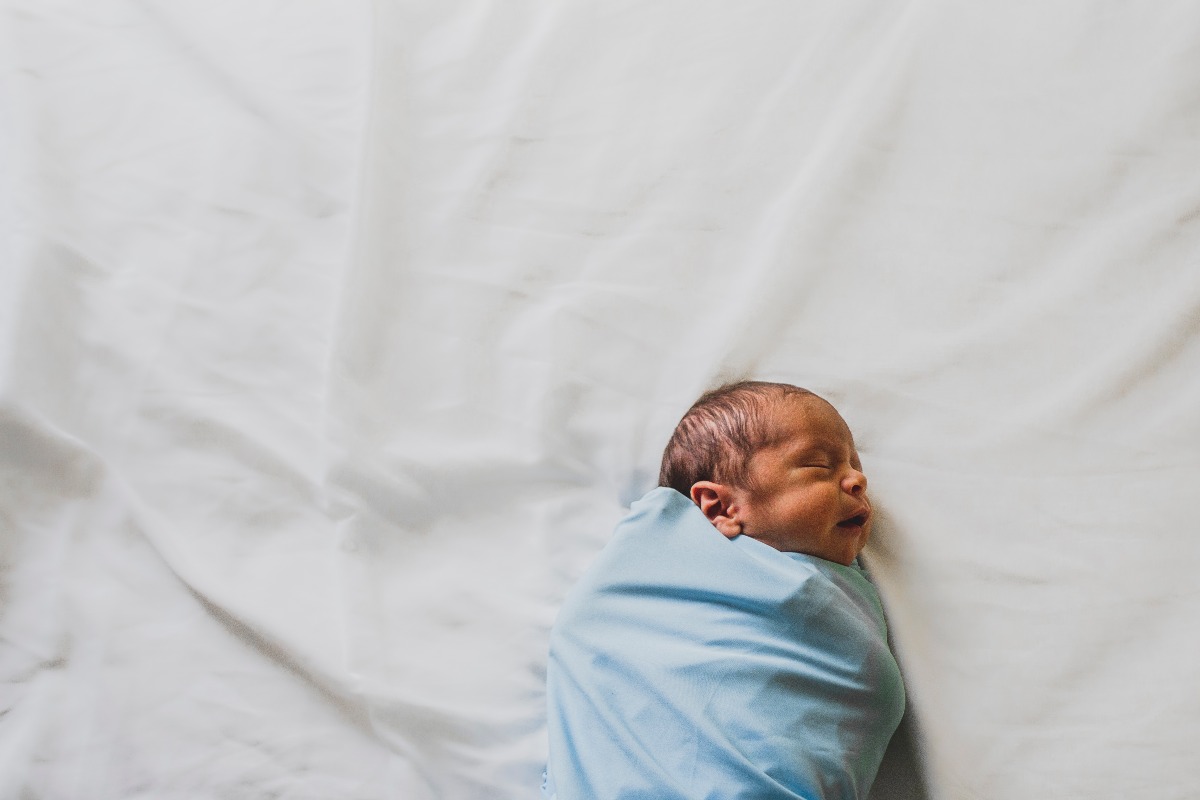What Are the Signs of Postpartum Depression and Addiction?
Not everyone understands the signs of postpartum depression. This can be especially true for first-time parents. Even more to the point, the postpartum phase can be different for everyone. The effects of the postpartum phase can also be mistaken by individuals and even sometimes health practitioners for having a hormone imbalance.
Many individuals who do not have a strong understanding of the mental health condition unfortunately have difficulty recognizing the signs and symptoms of postpartum depression. It is common for some individuals to self-medicate their symptoms with drugs or alcohol. Therefore, there is a strong link between postpartum depression and addiction. Moving forward with a dual diagnosis treatment plan or holistic services with Restoration Recovery can help individuals safely manage their condition.
What Is Postpartum Depression?
According to the Office on Women’s Health (OASH), the term postpartum refers to after a woman has a baby. A majority of women experience “baby blues.” Baby blues is where an individual feels deeply sad and empty. The onset of postpartum depression can happen within just a few days after giving birth to a child. Although this is common, for many individuals the baby blues typically subside within three to five days after delivering the baby.
Some individuals who present these feelings for two weeks or longer may be at an increased risk of having postpartum depression. For those who are unfamiliar, it is imperative to understand that having intense feelings of hopelessness after childbirth is not an expected part of being a parent.
Is There a Link Between Postpartum Depression and Addiction?
Based on recent data from a national survey in a Women’s Health manuscript, new mothers have been found to have a high likelihood of drinking alcohol and misusing illicit drugs. The postpartum phase is not only a change in one’s lifestyle but biological makeup. Depression is commonly linked with substance abuse. Therefore, new mothers with postpartum depression are at an increased risk for substance use. There was a strong prevalence of unemployed women, who had a history of smoking tobacco to have a postpartum depression diagnosis. It was estimated that approximately 19.7-46% of women who presented depressive symptoms faced challenges with substance use or had a history of substance abuse.
What Are the Signs of Postpartum Depression?
Although the symptoms of postpartum depression can often go unnoticed, learning the signs of the mental health condition can encourage one to seek early intervention to safely achieve a successful outcome. It is common for some parents to perceive postpartum depression as a weakness, but in professional terms, it is more of a medical complication after childbirth. Not everyone experiences the same symptoms associated with postpartum depression, but some signs include:
- Feeling restless with mood swings
- Having crying spells
- Experiencing thoughts of hurting oneself or others
- Not having an interest in engagement with baby
- A lack of motivation
- Fluctuating eating behaviors
- Sleeping too much or not getting an adequate amount of rest
- Experiencing memory problems
- Avoiding friends and family
Recognizing the Signs of Postpartum Depression and Seeking Professional Care
Experiencing the symptoms above or similar effects for a prolonged period without seeking professional care may manifest into substance use disorder (SUD). For example, an individual may feel more apt to auto-medicate without speaking with a health care professional in advance. Not all parents experience feelings of hurting their child. One may feel hesitant to seek professional help for fear the state will take their child away. Seeking professional care is best for both the child and the parent. The facility will acknowledge the individual is seeking professional help for their child’s well-being too.
Postpartum Depression Treatment Options With Restoration Recovery
Restoration Recovery wants the best for every individual who surrenders to their care. Our facility provides many different treatment modalities for individuals who are facing unique challenges in their lifetime. Restoration Recovery has a mental health team that is dedicated to making the transition into their care a smooth and comfortable process. Different types of care that can address different signs of postpartum depression include:
- Dual diagnosis treatment: A California program that is an effective choice for individuals who may be seeking care for both postpartum depression and addiction to drugs or alcohol
- Medication-assisted treatment (MAT): This program has been proven to be helpful for those who are seeking a more traditional approach and involves both medication in combination with different types of psychotherapy to help one manage their condition
- Holistic treatment: These various treatment options can be just as effective for those facing problems with postpartum depression and can be a great alternative for individuals who are looking for a more natural approach to care
Taking time to speak to one of our specialists to develop an individualized treatment plan can be beneficial for those who are seeking a more focused plan of care. Our goal is to tailor our services to the individual’s specific needs to promote a more successful outcome. Everyone deserves to heal. Moving forward with professional support can significantly improve one’s quality of life.
It can be difficult to decipher typical postpartum symptoms from postpartum depression. Substance addiction and mental illness can develop at any time during a person’s life. At Restoration Recovery, our California recovery center has a serene setting that can help clients achieve not just wellness, but wholeness. Our mission is to help people struggling with substance use disorder, a mental health disorder, or dual diagnosis disorders to achieve long-term sobriety by offering treatment options that heal the mind, body, and spirit. Our California holistic rehab and various treatment options can treat a variety of psychological conditions including postpartum depression. If you or a loved one is facing challenges with mental health, call Restoration Recovery at (888) 290-0925 to learn more.






